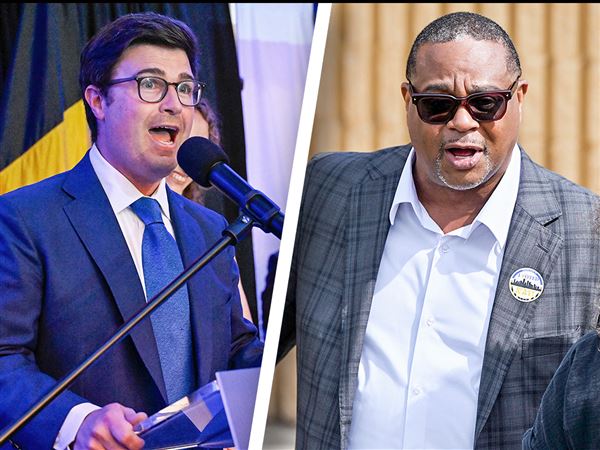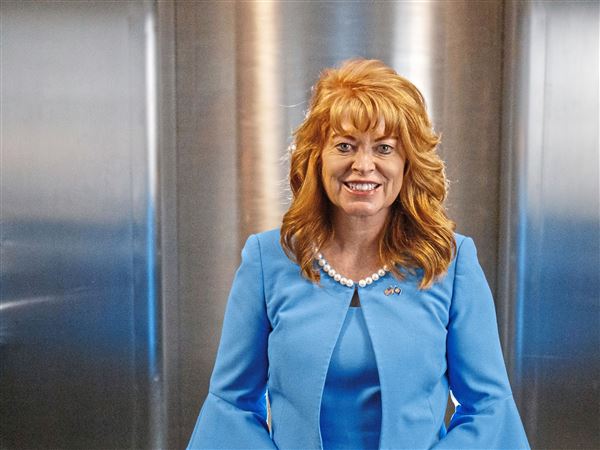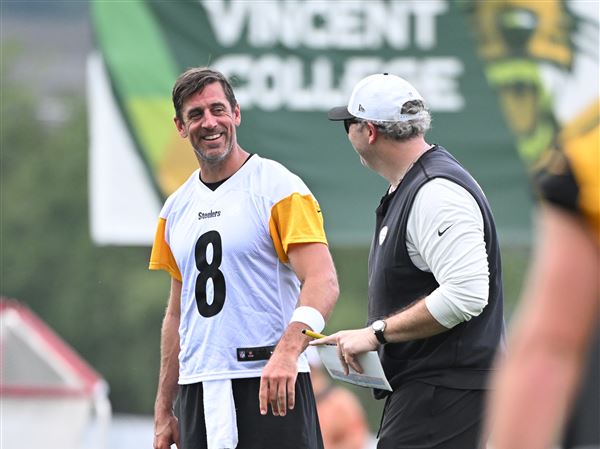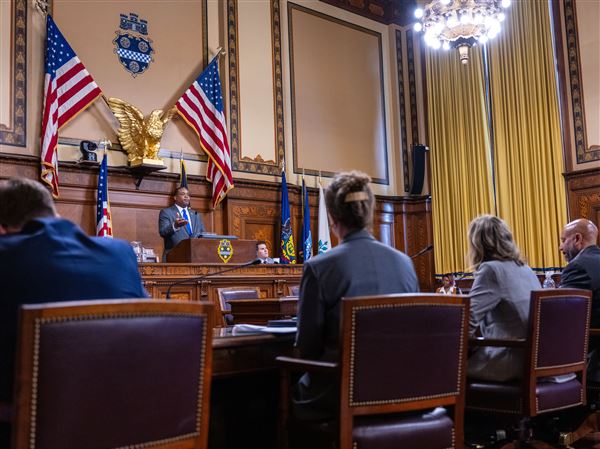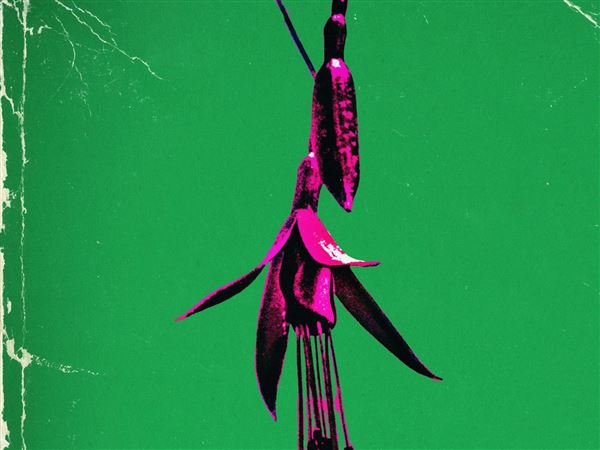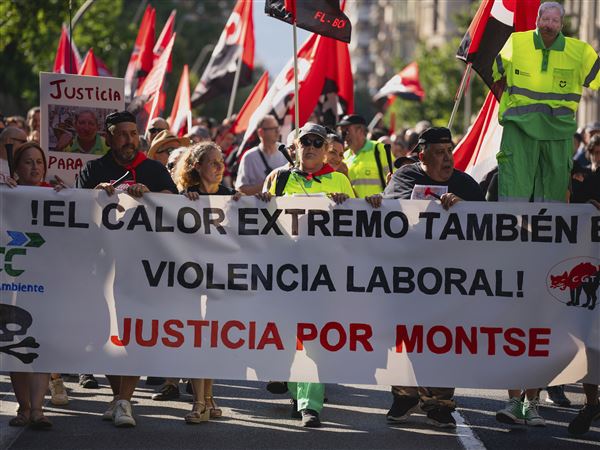WASHINGTON — For a few years, Julian Assange seemed to have faded from relevance. He took refuge in the Ecuadorean Embassy in London in 2012, fleeing a Swedish investigation into alleged sexual assault. At the embassy, he’s been deprived of sunlight and occasionally his internet access has been cut.
But the Australian founder of the anti-secrecy group WikiLeaks has managed to re-emerge as relevant to U.S. politics, first during the presidential campaign last year and now with a new dump of leaked documents, this time from the CIA.
Again, Mr. Assange is waving the flag as champion of transparency and a thorn in the side of the U.S. government, and touting the latest release as “an enormous journalistic scoop.”
His re-emergence presents President Donald Trump with a problem. Mr. Trump once praised Mr. Assange but now faces the consequences of the CIA leak, and must decide whether to try to bring him to justice. Mr. Assange could be charged for publishing classified U.S. military and diplomatic documents in 2010 and 2011. The Justice Department did not respond to a request for comment on whether there is a sealed indictment of Mr. Assange.
Mr. Assange founded WikiLeaks in 2006. His group espouses radical transparency — and radical it has been. Disgruntled employees now see the theft and delivery of documents to WikiLeaks as a way to get back at unaccountable bosses and institutions. Encryption has become a requirement. The boundaries of privacy have changed.
For those who believe that those in power have become less accountable, Mr. Assange is a hero. And for politicians running against the establishment, as Mr. Trump did in 2016, WikiLeaks and its relentless publication of documents and campaign emails of opponents are a bonanza.
“I love WikiLeaks,” Mr. Trump said at a campaign rally Oct. 10 in Pennsylvania. “It’s amazing how nothing is secret today when you talk about the internet.”
WikiLeaks’ latest publication involved 8,761 documents from a CIA unit engaged in global hacking. The documents revealed the unit’s abilities to take over smartphones, activate microphones in smart television sets and even implant malicious code on devices not connected to the internet. It helped support the notion of an untrustworthy government interfering with individual freedom and capable of eavesdropping on our living rooms, bedrooms and offices.
Mr. Assange has plenty of U.S. enemies.
“Julian Assange should spend the rest of his life wearing an orange jumpsuit,” Sen. Ben Sasse, R-Neb., said Thursday. “He’s an enemy of the American people and an ally to (Russian leader) Vladimir Putin.”
While Mr. Trump has not spoken about Mr. Assange since taking office Jan. 20, Vice President Mike Pence was highly critical of WikiLeaks’ release of the leaked CIA documents.
“Trafficking in national security information, as is alleged WikiLeaks has done here, is a very serious offense,” Mr. Pence said on Fox News Thursday night.
Still, the world has embraced the WikiLeaks model of seeking anonymous information. The New York Times and The Washington Post seek “confidential” news tips on their websites, including anonymous drops for databases. The Panama Papers, last year’s investigation of offshore corporations in which hundreds of journalists worldwide participated, was based on millions of documents leaked from a Panamanian law firm and delivered to a German newspaper.
When WikiLeaks began in 2006, it seemed to usher in an age of optimism that transparency in the digital age would be a tonic for unaccountable and unresponsive government worldwide.
Some disclosures provided material for innumerable news stories, like the late 2010 leaks of more than 250,000 U.S. diplomatic cables. A U.S. Army private stationed in Iraq, Chelsea Manning, downloaded those cables from a classified computer network and was convicted of violating the espionage act and sentenced to 35 years in prison. President Barack Obama commuted the sentence Jan. 17 and Ms. Manning is to be released in May.
Other leaked material had deep impact. A secret compendium of war logs included video of a U.S. airstrike in Baghdad that showed the targeting of civilians.
Mr. Assange says he’s fulfilling a journalistic mission, providing raw material for people to make up their own minds.
After publication of the CIA leaks earlier this week, Mr. Assange accused the CIA of a “historic act of devastating incompetence” for losing control of what he said was a cache of cyberweapons. CIA spokesman Jonathan Liu responded that “Julian Assange is not exactly a bastion of truth and integrity.”
If Mr. Assange is feeling ill at ease over his immediate future, he does not show it, even as there are indications he might lose his embassy refuge. Ecuador will hold a runoff presidential election April 2, and the conservative candidate running ahead in polls has said he would evict Mr. Assange.
First Published: March 12, 2017, 5:00 a.m.
